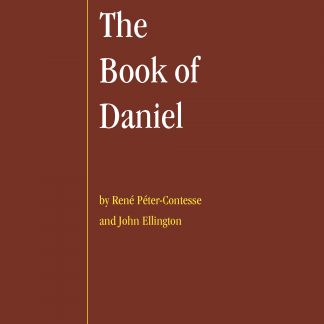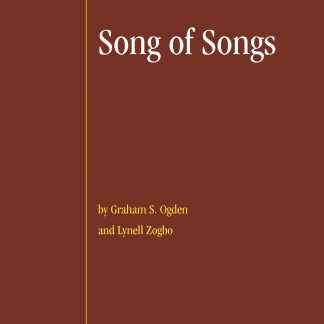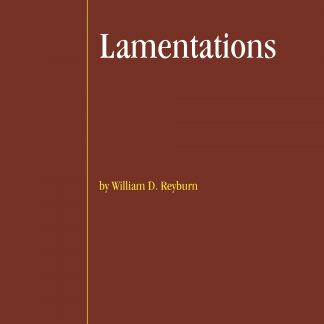Description
The book of Isaiah is widely regarded by both Jews and Christians as one of the literary and theological high points of the Hebrew Bible. It is of lasting significance in both the synagogue and church. For the translator this book presents a challenge, not only because of its length, but also because it contains an immense range of vocabulary items, some of which are not found elsewhere in the Old Testament. Partly as a result of this, the interpretation of many passages today is problematic. In addition, Isaiah was an accomplished poet besides being a prophet. And since poetry represents a special form of literature, translating poetry successfully from one language to another is always a challenge. But translators who succeed in rendering Isaiah’s words in their own languages well will have the immense satisfaction of giving their people access to one of the most important books of the Bible.
Some time during the latter half of the eighth century B.C., a prophet by the name of Isaiah appeared in Jerusalem. There is a narrative in 2 Kgs 19–20 and 2 Chr 32 that mentions Isaiah. It is a narrative that is repeated in Isa 37–39. What little else we know of Isaiah can be found in the book that bears his name. Isaiah communicated Yahweh’s words to Judah during the reigns of four of Judah’s kings—Uzziah, Jotham, Ahaz and Hezekiah (1.1). In the year that King Uzziah died, 736 B.C., Isaiah saw a vision in the Temple in which Yahweh called him to work as a prophet (6.1-13). We know that Isaiah’s father was Amoz (1.1), that his wife may have been a prophetess (8.3), and that they had at least two sons. Each son was given a name that reflected the prophet’s message. One son was called “Shear-jashub,” meaning “a remnant will return” (7.3), and the other was called “Maher-shalal-hash-baz,” meaning “swift plunder quick booty” (8.3). Little else is known about the prophet’s personal life. However, from his interaction with the kings and what can be called “the establishment” in Jerusalem, it is likely that he was a member of the upper circles of Jerusalem society. There is even a Jewish tradition that regards his father Amoz as a brother to King Amaziah, Uzziah’s predecessor, but this cannot be proven. Isaiah was certainly well connected, and well educated too to be able to write as he did. At the same time, he was quite familiar with the activities of the ordinary citizens and remained close to nature. The numerous references in his writings indicate that he was a dedicated observer of both. His written legacy shows that he was very familiar with Israel’s past historyand traditions. He also had a keen insight into the social and political environment of his time and was able to evaluate it. He had the courage to be outspoken when bringing God’s word to Jerusalem’s kings and people as they faced national and international crises. Hosea and Amos preached in the northern kingdom of Israel some years earlier, whereas Micah was a contemporary of Isaiah in Judah, sharing many of his concerns. Although Isa 2.2-4 is nearly identical to Micah 4.1-3, there is no evidence of any association between the two prophets.
The title of the book For the title of this book translators should follow the format they have for other prophetic books. A simple solution is using only the name of the prophet. Other possibilities are “The Book of Isaiah” and “The Book of the Prophet Isaiah.”
Published 2011 Pages 1927





